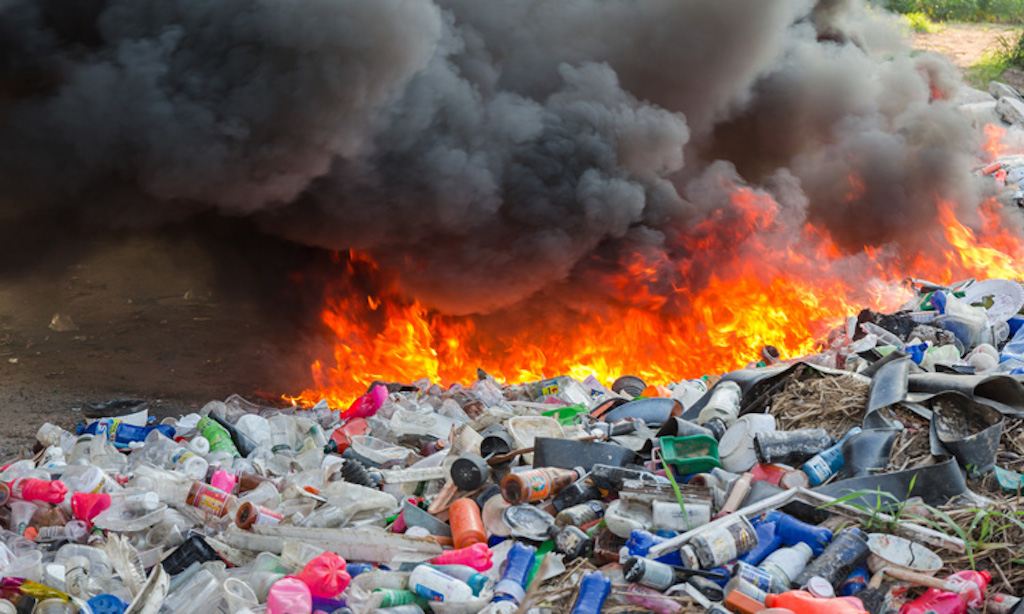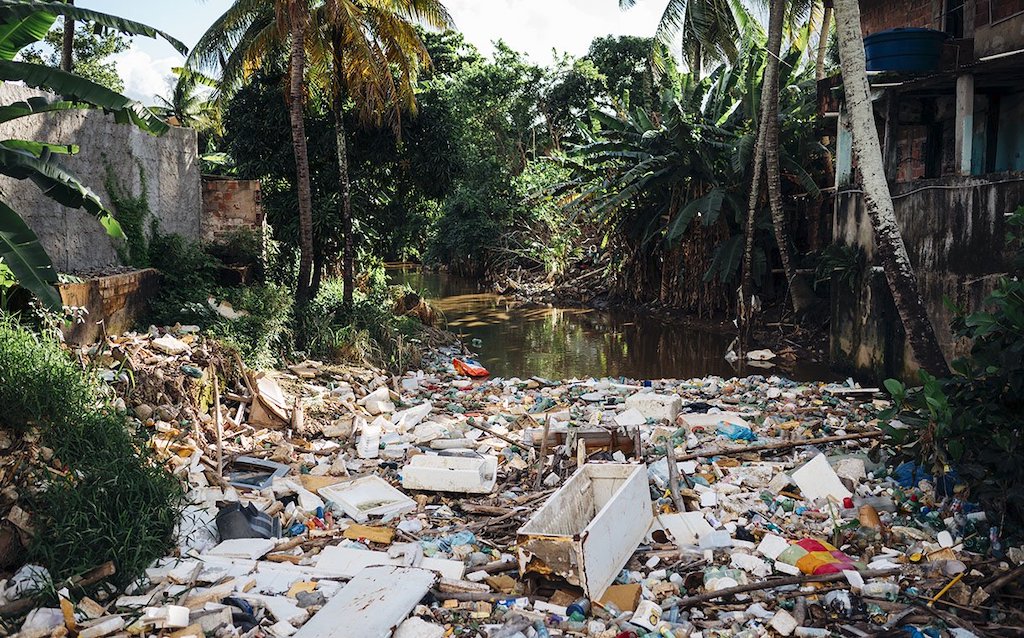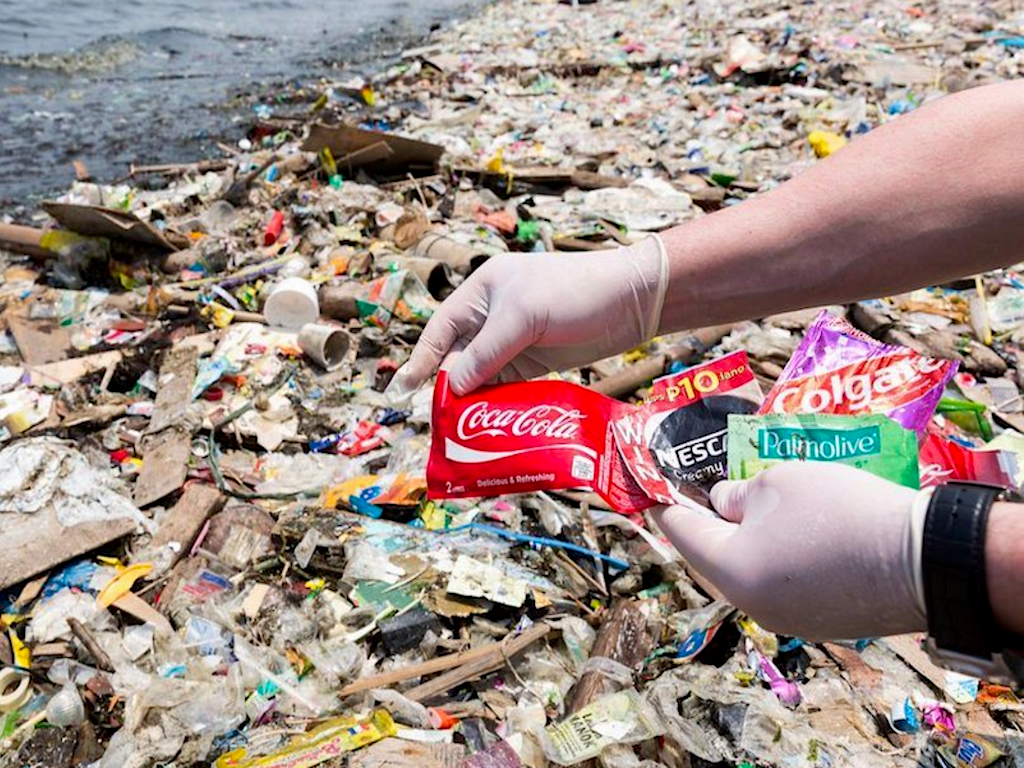4 Mins Read
A new report by the environmental NGO Tearfund has just revealed the massive plastic and carbon pollution of major drink firms. According to the report, the 4 leading beverage corporations – Coca Cola, PepsiCo, Nestlé and Unilever – are responsible for more than half a million tonnes of plastic pollution in 6 developing countries each year. The burning of the plastics that the firms have put on the market amount to 4.6 million tonnes of carbon dioxide equivalent each year. Among developing countries examined included China, India and the Philippines, and represents how low and middle-income countries continue to be subjected to the brunt of the world’s mismanaged plastic waste and environmental pollution.
Researchers at Tearfund used data from a sample of 6 developing countries across 3 continents – China, India, the Philippines, Brazil, Mexico and Nigeria – analyse the impact of single-use plastic by the four largest beverage companies in the world. According to the report, the four global drinks giants Coca Cola, PepsiCo, Nestlé and Unilever are responsible for 500,000 tonnes of plastic pollution in these 6 countries alone each year, which is enough to cover 83 football pitches up to 10 centimetres deep every single day.
Using World Bank data, the report additionally estimated the greenhouse gases generated from the open incineration of plastic bottles, sachets and cartons produced by the 4 corporations, a practice common in developing nations due ineffective waste management systems and the lack of everyday access to collection points. Researchers calculated that the open burning of plastic waste has led to 4.6 million tonnes of carbon dioxide emissions – equivalent to the emissions from 2 million cars.

“These companies continue to sell billions of products in single-use bottles, sachets and packets in developing countries. And they do this despite knowing that: waste isn’t properly managed in these contexts; their packaging therefore becomes pollution; and such pollution causes serious harm to the environment and people’s health. Such actions – with such knowledge – are morally indefensible,” the report reads.
The environmental NGO is now calling on the companies to take action on plastic waste and emissions by switching to refillable and reusable packaging solutions, and do so as a part of their climate change commitments.
Out of the 4 companies analysed in the report, Coca Cola is the biggest plastic polluter. The company alone creates 200,000 tonnes of plastic waste in the 6 countries examined, equivalent to 8 billion plastic bottles that can cover 33 football pitches daily.

Tearfund’s report sheds light on the alarming consequences – particularly on low and middle income countries – that are a result of the global addiction to plastic. These impacts are set to become even more severe as global plastic production continues to increase, and is expected to double over the next 10 years, creating a cycle of mounting plastic pollution and carbon emissions, with devastating health and environmental impacts on communities in the poorest nations – many of whom are in Asia.
Last year, reports surfaced about the use of plastic waste as fuel for furnaces at a number of tofu manufacturing sites in Indonesia. The open burning of plastic and paper waste had become a widespread practice throughout the community of Tropodo and across the country, and high levels of dioxin were detected in the soil as a result. Dioxin is a pollutant known to cause cancer, birth defects and Parkinson’s disease.
The problem has been exacerbated in many Southeast Asian developing nations in recent years, especially following China’s ban on plastic imports in 2018. Neighbouring countries in the region such as Thailand, Malaysia, Vietnam, the Philippines and Cambodia quickly became inundated with millions of tonnes of plastic waste imports – most of which are contaminated, low-value plastics such as sachets and other food packaging.
Lead image courtesy of Greenpeace Canada.



